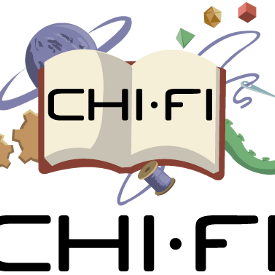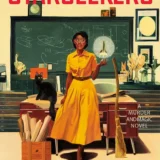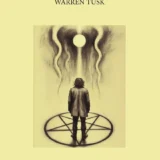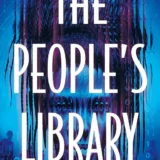
This post contains text originally published on Facebook as well as additional materials.
AmazingCon was a personally strange experience for me; while I’ve hosted theme parties, and paintball tournaments, not to mention a Hugo Awards Banquet (second to last), and while I’ve wanted to put on a science fiction convention ever since I attended my first one (and I’ve worked in various capacities on a bunch of them), this was the first time I’ve actually done so, albeit an online version.
And then I didn’t get to attend except very briefly.
I did a LOT of online work prior to the convention; I must have had over two dozen individual documents open, a dozen browser tabs, multiple folders with oodles of files as I tried to stitch things together in the short amount of time we’d given ourselves. When the die was cast, I decided that it would be a good idea to shut down and reboot my computer.
It didn’t come back. One click on anything sent it off into sit-and-spin land.
Well, there’s always the tablet, an older model Ipad. That refused to allow me to access gmail for “security” purposes. (In order to use the Zoom app I needed to be able to respond through the registered Gmail account). Ok, it will suck, but lets try the phone.
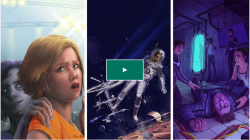
No go; I couldn’t even log in to Zoom through the phone (it apparently timed out in dealing with the server, so instead of completing the sign in process, it simply cycled me back to putting in my user name…over and over and….).
In addition to everything else, late on Friday I was asked to put in additional hours on Sunday at work…precisely the hours that I was to do a couple of panels.
So other than being able to attend the Dead Dog party for a short while (from work, where the server communication issues weren’t as bad: once I got home and continued my attendance, I lost connection twice), I couldn’t attend this event.
Not attending was frustrating, but despite that blow, the con went off very well.
And could not have happened with some serious help and intervention on the part of Ira Nayman, Kermit Woodall, Liz Westbrook Trenholm, Rosemary Smith and Martie Ogborn, who stepped up to help with Zoom administration* (not to mention their readings, panel participation &c), as well as contributions from Al Sirois (convention art), Somtow Sucharitkul (SP Somtow) who made a bunch of his performances available (he’s a world-class composer and conductor), Paul Levinson for his live performance (as well as oodles of promotional support), Jean Marie Stine and FuturesPastEditions for the electronic grab bags, Richard Dean Star, Judy McCrosky and Amber Royer for the workshops, Steven H Silver for putting together Information, Please and everyone else for participating, for helping, for attending.
I blew it when it came to hosts for the rooms. Just no other way of putting it. It won’t happen again.
Here’s the multi-part description of the process we went through putting the convention together:
***
HOW I LEARNED TO STOP WORRYING and….NO I NEVER LEARNED NOT TO WORRY. How We Planned AmazingCon (part 1)
Someone suggested I write a White Paper on putting together AmazingCon; others have suggested similar.
Apparently, putting together a three-day, 7 track, online convention in the space of about 5-6 weeks is unprecedented. Or maybe not unprecedented, but certainly not common.
Two things to start. Other than stating that yes. I’ll write this up and put it out there and send stuff to SMOFCON and etc.
First – this is an entirely impossible task if you do not already possess an infrastructure for hosting events, or one that can be adapted fairly easily to doing so.
Second, you’ll need to have had some minimal level of prior experience in con-running, sufficient to making good judgements in what is and what is not critical.
Seven tracks?
Two tracks of Readings
Two tracks of panels
One workshop track
One art show (pre-recorded)
One special events (pre-recorded)
If you want to discount the pre recorded stuff, five tracks.
Genesis
In the face of the pandemic, traditional cons – more often than not hosted by progressively-minded fans – were going online. So quickly that not even Locus could keep up.
The brain trust at Amazing discussed this and talked about “doing something”. Reluctantly though over some concern for the optics. We didn’t want to complicate, exacerbate or be seen as taking advantage.
Ultimately, we decided it would be a good thing to give some exposureto the talent that had been published in the magazine and decided to host a day of readings. One zoom channel, six to a dozen readers.
We scheduled it for May.
At that point, our internal response started heading north of 25 interested authors and things began to get more complicated.
Well, we had a handful of people reasonably experienced with zoom, we can run several rooms….
Understand though: we were also in the middle of putting together a Kickstarter and bringing 3 or 4 publications to market (Amazing Selects), while just completing the launch of Allen Steele’s Cap Future The Guns of Pluto…and I’ve been relying heavily on Kermit and Ira to get stuff done while I’ve been dealing with other stuff.
I’d also been working with Richard Dean Starr on a workshop program – test case first, hopefully morphing into a regular online series.
With all of this juggling going on, there were really only two options available: drop everything but the publishing stuff, or,
Go for broke.
Putting together amazingcon, part 2
The first question I asked myself was “how much of a traditional con can we replicate online with the resources we have available?”
Readings? Easy. It’s a room, some chairs, a table, a microphone.
Panels? Pretty much the same
Parties? Take out the chairs.
Cosplay, art show, dealers room, con suite, filling, film program, lobby/bar….
The Latter were a bit more complicated than people sitting around talking, but not much. Do-able in other words, but resource wise both in time and infrastructure, not necessarily so.
What I wanted to concentrate on was giving some face time to the folks who, both through work and submissions, have helped Amazing Stories out over the years.
Do readings and panels were prioritized.
I created a gmail account just to handle communications for the con and requested that everyone only respond to the subject matter using that subject; other subjects should go under other subject titles in a new email. I also used gmail’s labels function to help organize what people were doing. This helped me immensely in keeping track of stuff; detailed organization is not my strong suit (I acquired secretaries too early in my executive career to develop good habits in that regard and I am also very much of a ‘need to see everything involved all at once’ kind of person (my game design desk was a 4’ by 8’ sheet of plywood).
But speed and efficiency were absolute requirements, so those tools were key. I could more easily find the info I was looking for in a manner that complimented my working style.
At this juncture, Erin Underwood of Boskone fame has recently conducted some test zooming for an online event. I reached out with some questions and got good answers (about the only real worry was good security to prevent trolling behavior).
Ira, Kermit and I agreed we could each handle a room for the weekend, so at least minimal zoom experience was available, off we stepped.
Putting together AmazingCon part 3
I downloaded the websites mailing list of contributors, loaded it up to google contacts and sent out a query to all: who wants to do a reading?
Side note: the csv I downloaded did not contain everyone who should have been contacted initially. Several key people were left out of the festivities who should have been included. The DB needs a good once over cleanup…if I can ever get to it. My sincere apologies to those folks. Rectifications are being worked on.
Also side note: we had no Spanish speakers among our readers, despite publishing a fair amount of Spanish content. This was partially due to the aforementioned dB screwup. However, when I became aware of this oversite, I also decided that multi-lingual would require a whole other set of skills and resources that would take too long to put together. (Likewise: I actually jotted down a note for looking into bringing in ASL interpreters, but again, not enough time. This is one reason why good cons have fairly large, long-experienced staff: someone has already done the legwork in most of these kinds of things)
Finally; the in-house nature and time also left me without time for outreach to minority genre communities.
I knew going in I might (and still might) take some hits for those decisions, and they’d not be off base. I and we are committed to addressing and rectifying them in the future.
Likewise, though of less import, a gaming room, a film/anime program, a formal con suite and a dealers room.
Owing to the fact that dealer operations involve sales, inventory, associated promotions, in this case shipping and etc, I very quickly decided we’d forego that this time around. Yes, we gave up a potential source of revenue. It was a question of do we do this at all or not?.
Putting together AmazingCon Part 4
Once those basic decisions were made – for better or worse – it was into the breech.
I had a good handful of folks who wanted to do readings and it looked like this would form the bulk of the programming, so a little chatting with con-running friends confirmed that most readings are either one or two authors for an hour, with the reading itself generally being less than 25 minutes. (Most “hour” panels are actually 50 minutes to accomodate change-over of the room, so, half a session with a single reader is devoted half to the reading and half to Q&A.)
I sent out an email to the list requesting any and all who wanted to do a reading to let me know within 24 hours and to additionally include – “what day(s) and time frames they were available by indiciating first, second and third day preferences (first – saturday, second – sunday, third – friday for example), how long they would need, whether or not they were comfortable partnering up and a generalized description of what they were readings (space operat, urban fantasy, YA horror, whatever)”.
I then had to come up with a quick and dirty way to collate all of that information (visually) so that I could pair folks up where needed, not overlap scheduling and put together an actual schedule.
As expected, the majority of the info took two days to come in.
The way I “boarded” everything was to create a spreadsheet with the names of readers down the left, days and hours across the top. Backgrounds were color coded to correspond to preference – green for first, yellow for second, red for third and blank for unavailable.
I then created a second spreadsheet with times down the left and meeting rooms across the top.
I’d then move from the first to the second, placing names into slots, starting with those with very restricted availability and attempting to schedule everyone in to a time corresponding to their first preference. Ultimately, I was able to schedule all of the readings in for a reader’s first or second day preferences. (Whew)
I’ve done a lot of scheduling of paintball tournaments where the restrictions are much greater: everyone gets the same number of games, no one can have a back-to-back games, everyone should play on each of the fields, no one should play on a new field (for them) if their opponent has played that field previously, etc., etc, so I had a lot of mental tricks available to me for keeping track of stuff and shuffling things around, none of which I can really articulate, other than to say that I’m keeping track of so many elements in my head simultaneously I’m in some kind of altered scheduling state of being.
This process was repeated for the panels – but there’s a few other things I want to go over regarding the panels that it will have to wait for part 5 – and maybe even until tomorrow
Part 5
I’ve been a panelist at several conventions, including a Worldcon. I’ve also worked on programming (even a brief tenure as head of programming for the Heinlein Centennial, which I regret not being able to complete) and the typical procedure for putting such things together is for programming (and concom) to decide, in general, what they’re going to offer – usually drawing from a standard list of conventional (heh) presentations – kafe klatches, readings, standard subjects for panels, keynote address, etc.
At some point prior to the con, insiders (usually) are invited to suggest ideas for panel subjects. Sometimes after an initial list is constructed (there are almost always a set of “must have” subjects, programming sends out a list of proposals and solicits additional ideas from past attendees and participants.
Obviously, we did not have time to sit around and brainstorm, so we short-circuited that process and sent out an email to our list similar to the readings email: please provide us with your day and time preferences for participating on panels; please suggest panel subjects YOU would be interested in participating on; please send us a list of subjects (genre-related) that you have expertise in and/or feel comfortable discussing.
We were in essence giving the panelists an opportunity to pick their own subjects. This is not unheard of, but I think that its the first time that all programming was created on that basis. Who isn’t going to have a good time discussing their favorite subjects in front of an interested audience?
I gathered in all of the associated information (this time it took about 72 hours to get the majority of responses in), created a second day and time preferences spreadsheet, added in the reading information from the previous one and began scheduling the panels. I used the information regarding subject matter expertise to add people to panels; originally, it was suggested that three panelists would be more than sufficient. Sometimes that went by the board. I think we had as many as six panelists on a couple of panels. I don’t think they suffered as a result.
I had to expand the hours of the convention to accomodate everything but, the audience was world-wide (we had attendees from: US, Canada, Venezuela, Thailand, Poland, New Zealand, Australia, Finnland, Sweden, and probably a couple of other countries as well), so times were bound to be inconvenient for some folks no matter how we scheduled things.
I send out the proposed draft schedule; there were a few overlaps and adjustments required, but surprisingly few.
The one subject that nearly everyone wanted to participate in was on the subject of World Building. In the end, we ended up scheduling three versions of that panel subject, each with a different set of panelists.
I’ve often thought that some panel subjects – especially basic information panels concerning what conventions, fandom and science fiction are really all about – should be scheduled multiple times during an event so that the vast majority of attendees can find a convenient time to participate. I believe we proved that to be a viable concept with our World Building panels and I’ll be continuing this concept with the next convention.
Below, snapshots of the readings and panels scheduling spreadsheets:
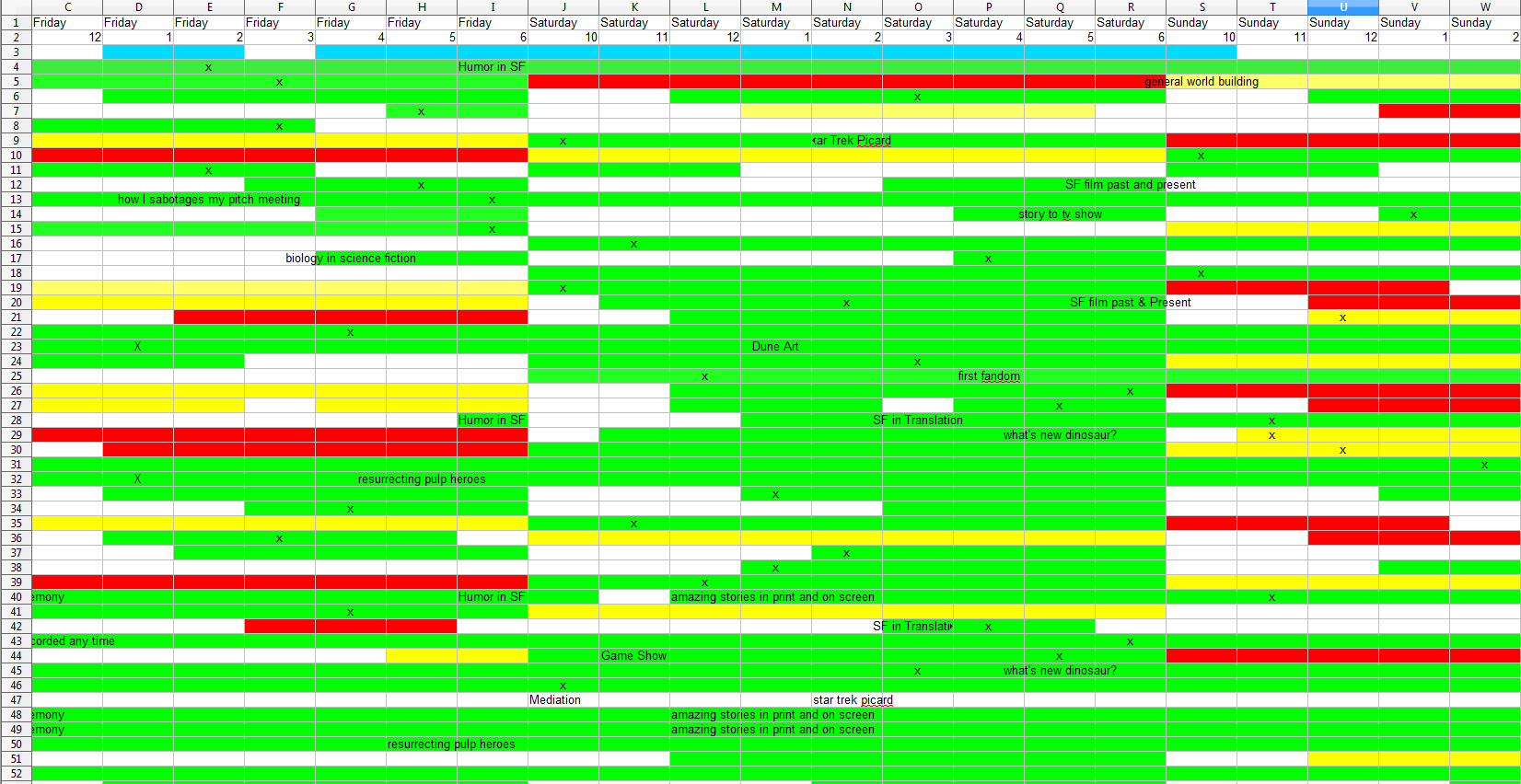
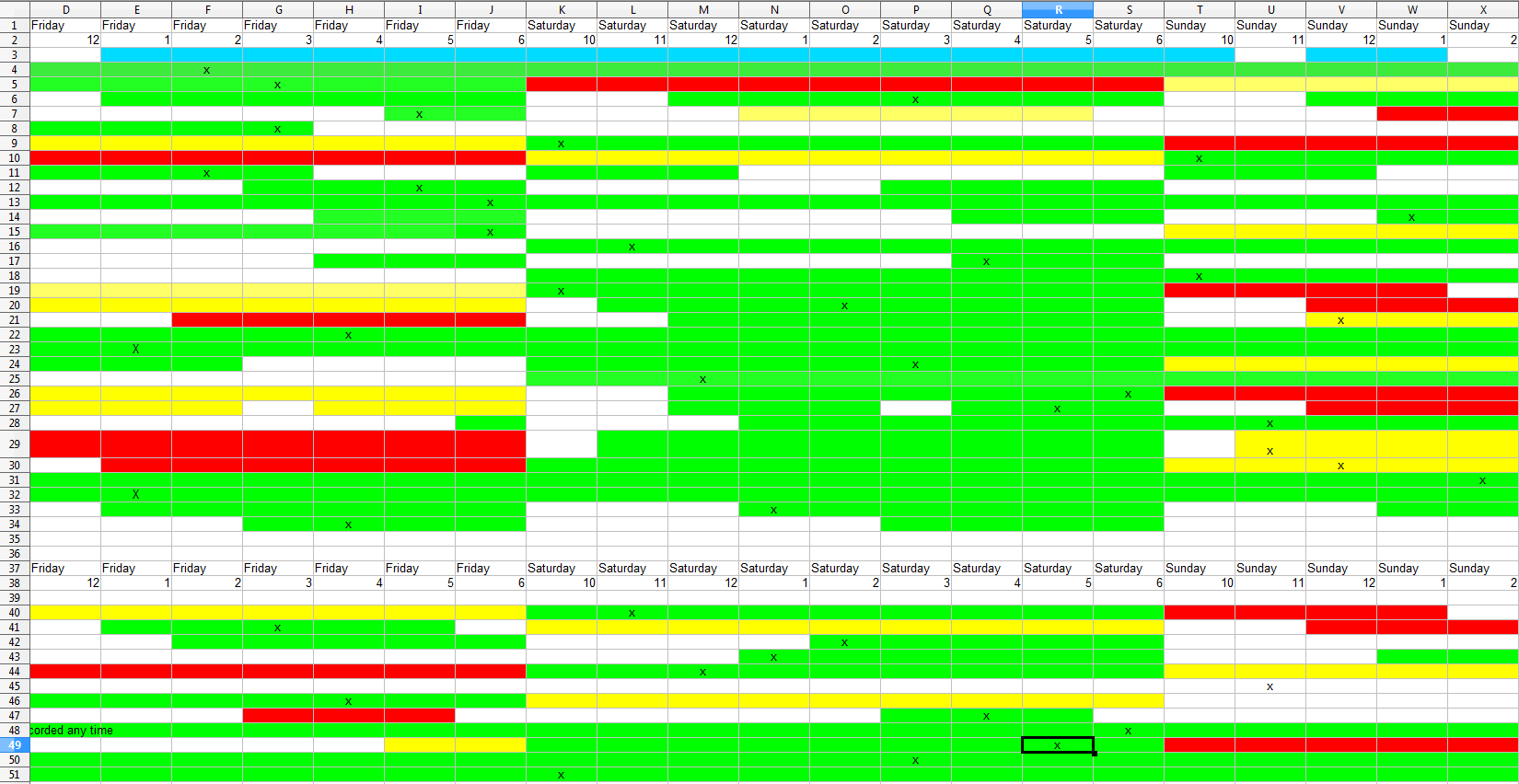
Things that didn’t get done
First (again) several people who should have been invited to attend weren’t. We’ll fix that next time around.
Next: I really wanted to get in touch with The Black Science Fiction Society, LQBTQI, representatives of International SF, LatinX, various other communities representing minority interests – not to mention our own foreign language contributors; there are a few folks I could have touched base with, but our connections to POC and others is not as deep or long term as we would like and I had to make the decision that no effort in this regard was better than a half-assed effort that could not be successfully pulled off. We will be doing much better in this regard come AmazingCon II.
I also fully intended to publish an anti-harrassment policy and staff a response team with at least two experienced individuals; I reached out for experience in those areas, got one response in an FB message, responded (late) and never heard back. I was not able to put that together, but will do so for the next event.
AmazingCon II has not been scheduled; we’re working on getting the program book out (PDF: will be sent to everyone in attendance) and the videos of the various meeting sessions which will be posted to the Amazing Stories TV channel on Youtube.
Thanks again to everyone who helped make this inaugural event a success!
Steve Davidson is the publisher of Amazing Stories.
Steve has been a passionate fan of science fiction since the mid-60s, before he even knew what it was called.


